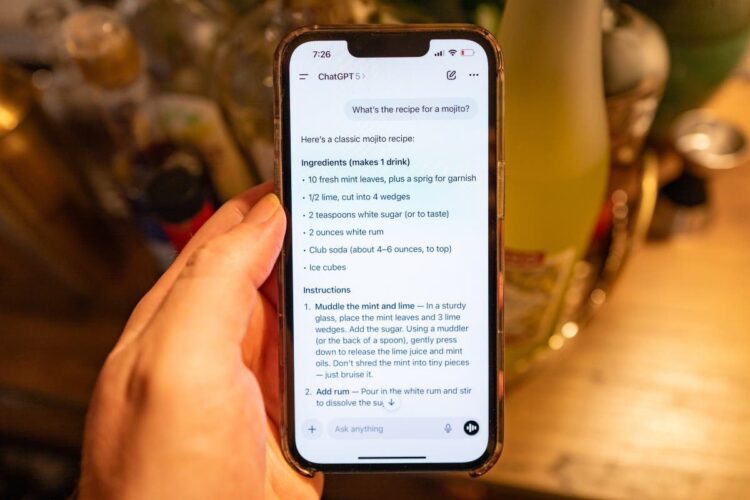
A new report from Indeed revealed a substantial number of Gen Z tech workers are feeling threatened by artificial intelligence (AI).
While AI has made waves in the tech world as well as various other industries, workers are worried it could take their jobs in the next few years, the report indicated.
Why It Matters
AI is disrupting nearly every industry as well as education and dating culture.
A recent study from UKG, an AI workforce operating platform, found that frontline workers using AI reported lower burnout rates (41 percent) compared to those not using the technology (54 percent).
What To Know
In Indeed’s survey of more than 1,000 tech workers, 35 percent said they are concerned that AI could take over their role. That number jumped to 38 percent among Gen Z who has more recently entered the workforce and had less time to establish themselves in their careers.
“There’s cause for concern,” Alex Beene, a financial literacy instructor for the University of Tennessee at Martin, told Newsweek. “Many of the country’s top employers are investing millions and even billions of dollars in AI technology and integration into their existing tasks, as well as new ones. And while it’s still unclear how many jobs these investments will ultimately eliminate, many employees, including a higher number in Gen Z, are bracing for the worst.”
Altogether, Indeed’s report found that 37 percent of tech talent say that roles at their most recent or current company have been redefined or restructured due to generative AI.
While 52 percent said tech talent was reassigned due to AI adoption, another 26 percent said tech workers have already been laid off due to it.
Perceptions of AI overall are mixed, with 28 percent believing that AI will increase workplace stress, and 33 percent indicating they’re not receiving enough training for the technology.
“Gen Z isn’t paranoid, they’re pattern-matching,” Michael Ryan, a finance expert and the founder of MichaelRyanMoney.com, told Newsweek. “They’ve watched every entry level rung on the career ladder get systematically removed. The spreadsheet analysis jobs? Automated. The junior research roles? Gone. The financial modeling grunt work that used to be the apprenticeship for future CFOs? Now it’s a ChatGPT prompt.”
What People Are Saying
Kevin Thompson, the CEO of 9i Capital Group and the host of the 9innings podcast, told Newsweek: “AI has already begun reshaping the job market in much the same way NAFTA reshaped manufacturing. Just as automation and outsourcing hollowed out factory jobs, AI is now doing the same to white-collar and creative work. The auto industry saw this first with robotic assembly lines; today, knowledge and service industries are feeling the pressure. Gen Z, in particular, is walking into a workforce where entire career paths are changing while they are pursuing degrees. I’ve said this for a while now — some college majors are becoming obsolete before students even graduate.”
Alex Beene, a financial literacy instructor for the University of Tennessee at Martin, told Newsweek: “It’s fair to point out similar doomsday scenarios have been pitched over the last 40 years as new online-based developments have been seen as job eliminators, only to see our economy chug along and create more roles in other fields. AI could ultimately prove similar, but we just don’t know until we see how businesses will choose to integrate and if customers embrace it as readily.”
Michael Ryan, a finance expert and the founder of MichaelRyanMoney.com, told Newsweek: “Gen Z’s fear is more than about AI taking their jobs. It’s about AI eliminating the very jobs that teach you how to get the better jobs. Think of it like this: You can’t become a chef without ever touching a knife. But we’re building a kitchen where all the knife work is automated, then wondering why there are no head chefs in ten years.”
What Happens Next
The fears Gen Z workers hold entering the workforce are valid, Thompson said.
“Labor is the largest cost for most companies, and maximizing shareholder returns drives efficiency. That’s where AI steps in,” Thompson said. “For Gen Z, that means adapting faster, upskilling sooner, and rethinking what ‘job security’ even means. We’re already seeing a shift: fewer chasing traditional corporate ladders, more pursuing trades, entrepreneurship, or specialized technical work that AI can’t easily replicate.”
Comments
This site uses User Verification plugin to reduce spam. See how your comment data is processed.